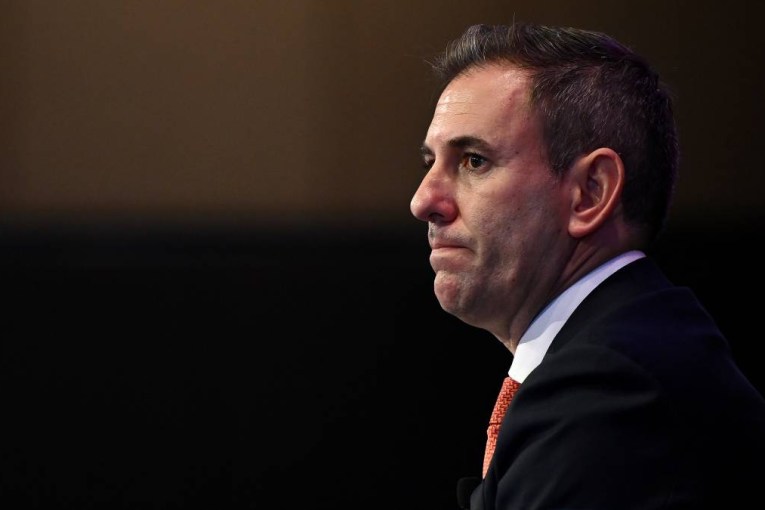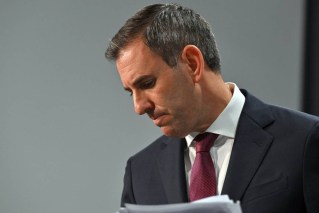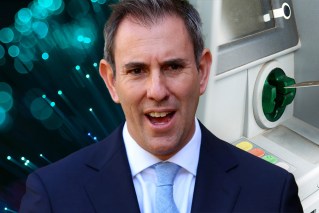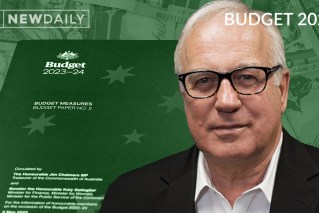More income tax cuts on the cards as budget, economy strengthen

Photo: ABC
A stronger budget and higher-than-projected economic growth fuelled by soaring iron ore prices could pave the way for further tax cuts ahead of the next federal election, says a leading economic forecaster.
Analysis by Deloitte Access Economics shows workers will lose on average 20 cents in every dollar to the taxman by 2021-22.
It said this would be the second-highest amount in the nation’s history, only behind the 1999-2000 financial year, just before the Howard government delivered income tax cuts to compensate for the introduction of the 10 per cent goods and services tax (GST).
“That suggests we haven’t heard the last of tax cuts ahead of the coming election,” Access Economics director Chris Richardson said.
His latest Budget Monitor report suggests bracket creep — where wage inflation places people into higher tax brackets — will get worse before it gets better.
“We forecast bracket creep to lift to $3.7 billion in 2019-20, $6.6 billion in 2020-21, and then to reach $9.9 billion in 2021-22,” the report noted.
“So even though weak wage growth means that bracket creep is only creeping along, it’s enough to see the taxman grab a growing slice of pay packets.”
Economic growth to beat Treasury forecast
While real economic growth has been slow, a rise in prices that Australia receives for its commodity exports has pushed up so-called nominal GDP — the national income Australia is receiving for its goods and services — much higher than Treasury forecasts that are less than four months old.
Deloitte Access Economics projects nominal GDP to be 0.4 percentage points, or $8 billion, above official projections this financial year, and up another $8 billion in 2019-20.
But the good times will not roll on forever, with forecasts it will fall $4 billion below the official estimates in 2020-21, and then $11 billion behind by 2021-22.
The forecaster said the current upswing is reflective of higher iron ore prices driving up mining company profits.
“China’s stimulus in the face of a slowdown has propped up coal and iron ore prices, while iron ore also got an extra boost from the dam wall tragedy in Brazil,” the report concluded.
Although bank profits will fall, the report forecast that would not happen straight away. It predicts that company tax and total profit taxes (companies, super taxes, FBT and PRRT) will outperform official forecasts by a handy $2.3 billion this financial year, and by $5.2 billion next.
It said while falling house prices are weighing on the willingness of families to spend, and wages growth has not been as strong as the Reserve Bank would have liked to see, better news on unemployment means taxes from individuals could outperform official views by $1.2 billion in 2018-19, fading to $0.5 billion in 2019-20.
But indirect taxes may fall shy of Treasury forecasts by $0.5 billion in 2018-19, with that shortfall then blowing out to $1.6 billion in 2019-20.
At the same time, interest rates look less likely to lift than had been factored into Treasury thinking, which the report said would “eat into interest income”.
Budget to get back to surplus
The two big risks to all its forecasts are the imminent election and the potential for a ‘cash splash’ ahead of June 30 to eat into the revenue side of the budget, as well the threat of a China slowdown.
It said policies announced since the pre-Christmas budget update have already cost $0.4 billion this financial year, with a further estimated $0.6 billion coming as a hit to the 2019-20 bottom line.
But a stronger economy, including lower outcomes for unemployment, inflation and wages, will save about $0.4 billion from spending this financial year, with those savings hitting $1.3 billion in 2019-20.
As indicated in its previous budget monitor report, Deloitte Access Economics sees the decade of deficits ending in 2018-19.
“Come 2019-20 and this year’s rounding error of a deficit grows into a fully-fledged cash underlying surplus of $9.8 billion,” it said.
It also noted that 2018-19 will see the first accrual surplus recorded since before the GFC in 2007-08.








